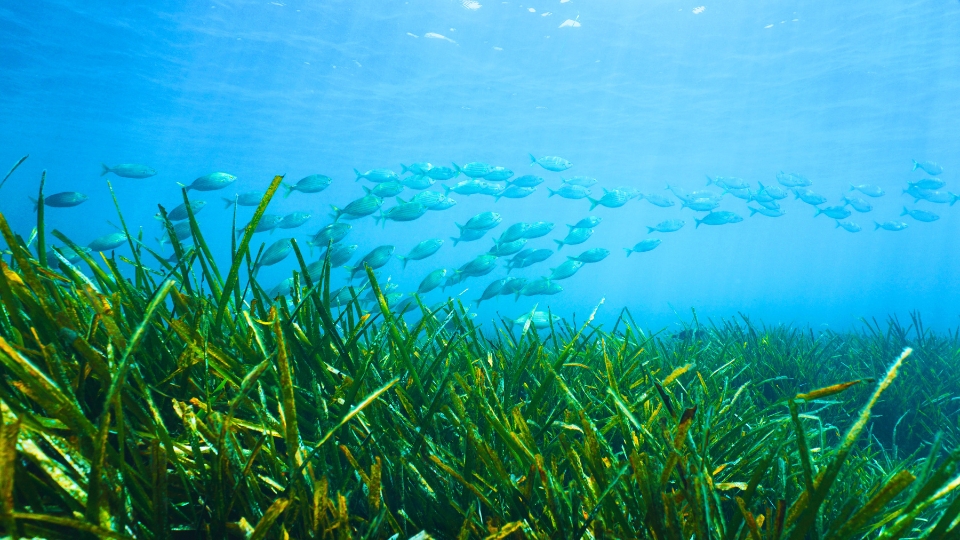Without marine biodiversity, human survival on Earth is at risk
The COP16 negotiations in Rome have concluded, but too many issues remain unresolved and there is precious little time left to save biodiversity. Words must now turn into action, especially to protect our seas, an invaluable asset still vastly underexplored. We must not forget that the oceans, which account for 90% of the biosphere, the Earth’s habitable surface, are the planet’s main source of biodiversity.
COP16 reaffirmed the commitment to expand marine protected areas to cover 30% of the global ocean by 2030, nearly four times the current level of just 8%. In Rome, an agreement was also reached on the financial resources needed to halt biodiversity loss on land and at sea: $200 billion per year by 2030, with $30 billion to be provided by high-income countries to low-income ones, double the previous commitment. Yet this figure risks remaining purely theoretical. How will the fund be financed? By whom? With what resources? Who will manage it? On these crucial points, the agreement reached at FAO, though important, offers insufficient guarantees of effectiveness.
The resources will continue to be managed by the Global Environment Facility (GEF), the fund linked to the World Bank, which over the years has shown significant inefficiencies in spending and has been criticised for the questionable allocation of funds meant to benefit nature. Funding expected to come from the use of genetic resources by private companies remains in limbo: this contribution is entirely voluntary and, for now, unpredictable.
“What is certain is that COP16bis in Rome avoided the funeral of multilateralism and the failure of environmental diplomacy, an important outcome in a time when a ‘new world order’ seems to be taking shape, one that reasons in terms of absolute sovereignty and unilateral decision-making. But when it comes to the actual decisions taken, the outcome remains far too vague. The rate of marine biodiversity loss is staggering, even when measured solely against already known species. It seems neither governments nor the private sector fully grasp this: it is estimated that one million marine and terrestrial species are at risk of extinction. This is not just a concern for nature lovers, without biodiversity as we know it, both global food security and climate stability are at risk. We call on governments, starting with Italy’s, to ensure that the promised $200 billion per year becomes a tangible investment in nature, and not just a number on paper”, said Rosalba Giugni, President of the Marevivo Foundation.
“Treaties on biodiversity have been signed since the Rio de Janeiro Convention in 1992, and we continue to sign more. Meanwhile, the United Nations is now celebrating the Decade on Ecosystem Restoration. We once aimed to safeguard ecosystems and biodiversity, but having failed to do so, we are now trying to restore them. However, unless we radically change our lifestyles and commit to sustainability, things will not improve,” stated Ferdinando Boero, President of the Marevivo Scientific Committee.
If, as COP16 President Susana Muhamad declared in her opening speech, “the conservation of nature is the most important mission of humanity in the 21st century”, then the message is clear: act now and take concrete decisions to protect biodiversity, and with it, the very survival of humanity on this planet.






